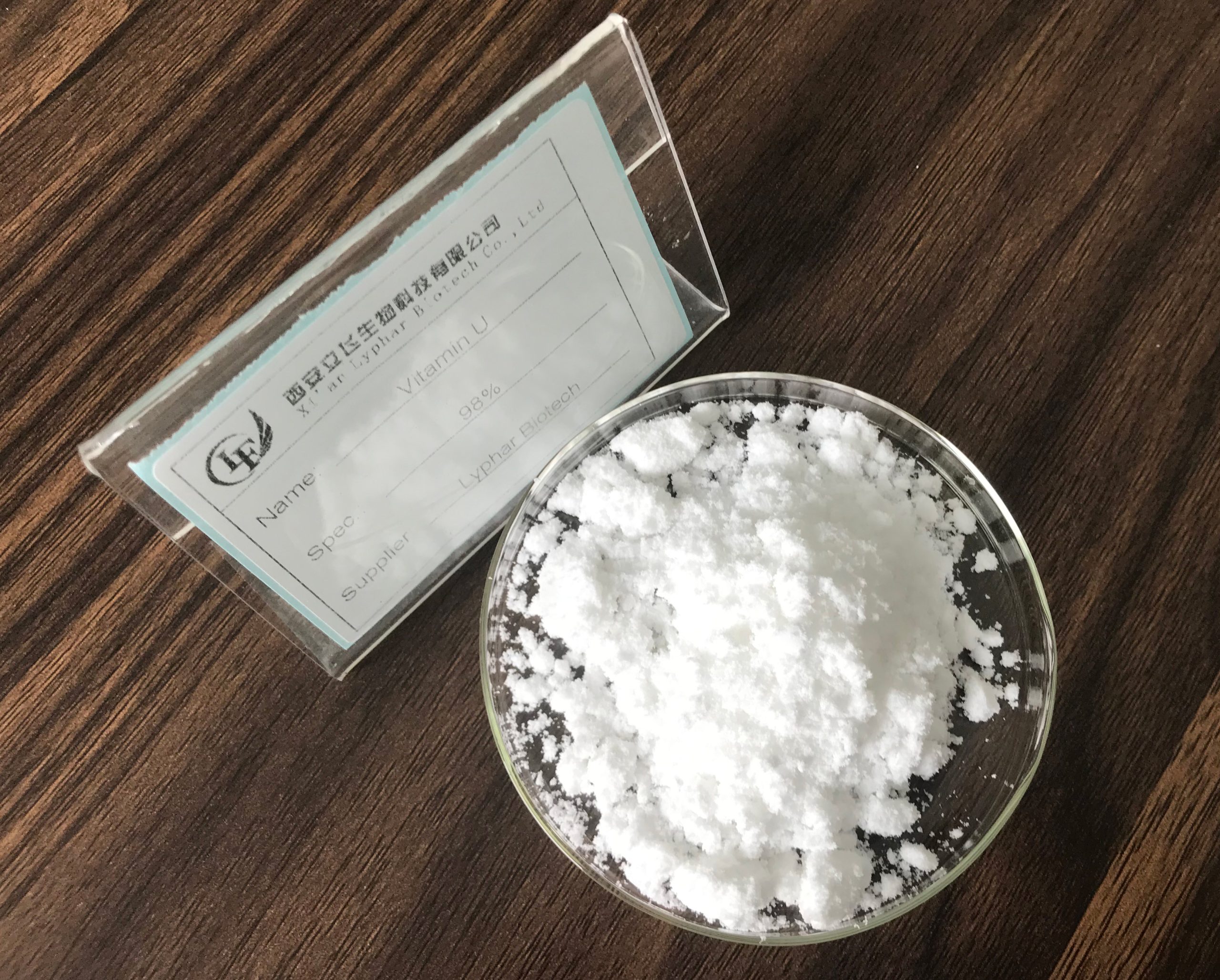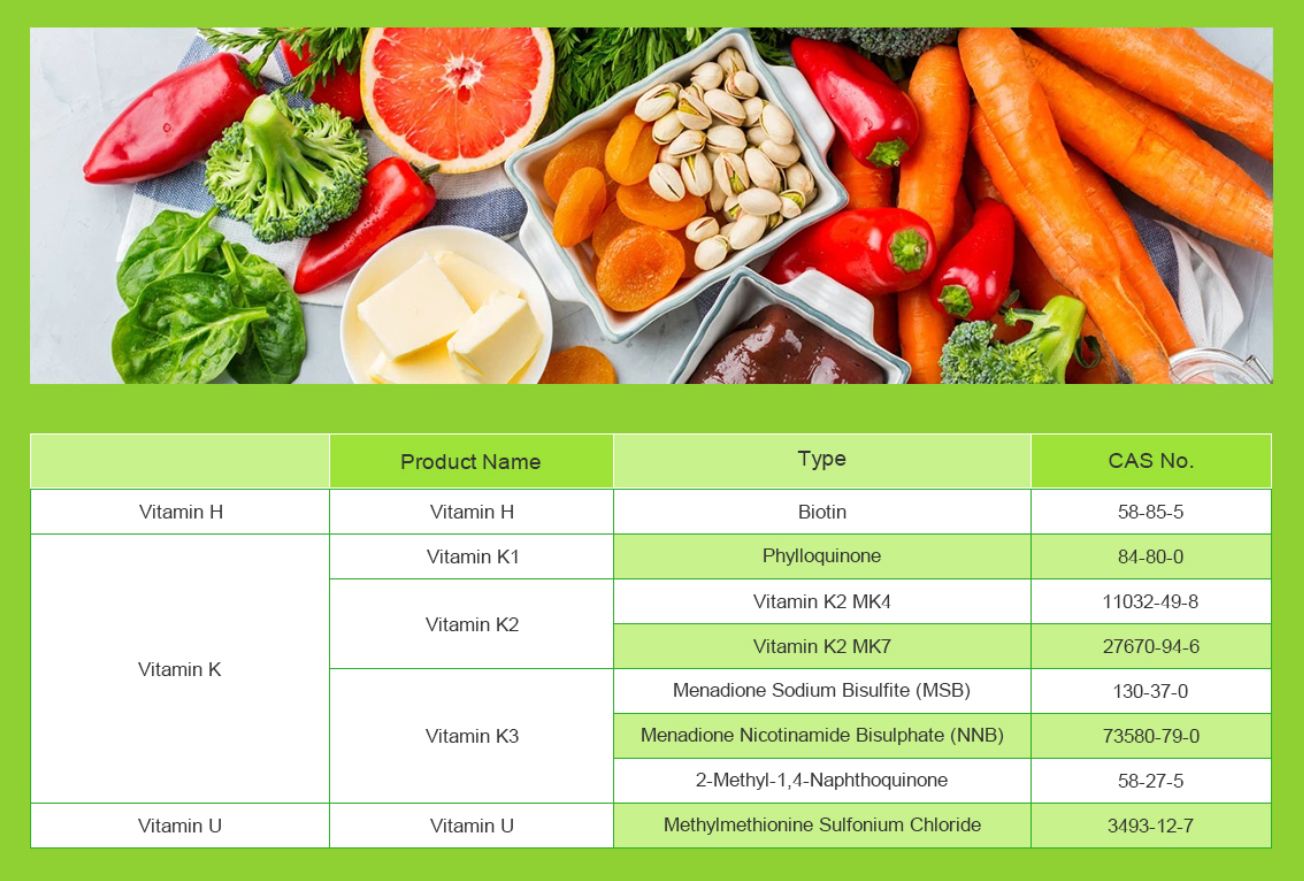Vitamin U is not actually a recognized vitamin in the traditional sense, and it is not included in standard vitamin supplements or dietary guidelines. The term “Vitamin U” has been used historically to refer to a compound called S-methylmethionine, which is found in certain vegetables, particularly cabbage. However, it is not classified as a true vitamin, as it is not considered essential for human health and is not required in the diet. Instead, it is considered a phytonutrient or natural compound with potential health benefits.

Pros of Vitamin U:
Anti-inflammatory properties: S-methylmethionine has been studied for its potential anti-inflammatory properties. It may help reduce inflammation in the body, which is linked to various chronic health conditions.
Gastric health: Some studies suggest that S-methylmethionine may have a positive impact on gastric health, including protecting the stomach lining from damage caused by alcohol, aspirin, and other irritants.
Potential cardiovascular benefits: Limited research has shown that S-methylmethionine might help lower homocysteine levels in the blood, which could be beneficial for cardiovascular health. Elevated homocysteine is a risk factor for heart disease.
Cons of Vitamin U:
Lack of essential status: Unlike essential vitamins, such as vitamin C or vitamin D, S-methylmethionine is not considered essential for human health. This means that you don’t need to obtain it through your diet, and there’s no recommended daily intake.
Limited research: There is relatively limited scientific research on the effects of S-methylmethionine compared to well-established vitamins and minerals. More research is needed to confirm its potential benefits and understand its safety profile.
Not a substitute for a balanced diet: While S-methylmethionine may have some potential health benefits, it should not be considered a replacement for a balanced diet rich in essential vitamins and minerals. It’s important to focus on getting a wide variety of nutrients from whole foods.
Individual variation: People may respond differently to S-methylmethionine, and its effects can vary from person to person. As a result, its benefits may not be universally applicable.

In summary, S-methylmethionine, often referred to as “Vitamin U,” is not a recognized essential vitamin but a phytonutrient found in certain vegetables. While it may have potential health benefits, there is limited research on its effects, and it should not be seen as a substitute for a well-rounded and nutritious diet. If you are interested in its potential benefits, consider including vegetables like cabbage, where it is naturally found, in your diet as part of a healthy eating plan. However, it’s advisable to consult with a healthcare professional before making significant dietary changes or taking supplements based on S-methylmethionine.
